ROLE OF PSYCHOLOGY IN SPORTS
By our reporter
www.mknewslink.com
In Kampala
The role of psychology in sports is yet to be appreciated by Ugandan sports associations, federations and clubs yet it has over the years proved to be a strong pillar in a team’s performance.
Many talented teams falter at the most important but challenging stage of competitions due to players failing to cope with the psychological demands of the sport, tournament or competition.
Sometimes talent and physical fitness alone are not sufficient for a team to deliver success and trophies. Some of the world’s not so talented teams have had to hire the services of psychologists to get to the highest levels of on-field success.
In September last year, Uganda Cricket Association (UCA) had the opportunity to engage with sports psychology at Victoria University and according to their Chief Executive Officer Martin Ondeko, the results have been positively amazing.
“I don’t know whether it is a miracle, but immediately after we had the session with Victoria University in September 2019, and in December we had a tournament, when we were there, we won all the five games,†Ondeko told our reporter in a telephone interview.
Before the 2019 Oman Cricket World Cup Challenge League B tournament in December, Uganda had decimally performed at the ICC Men’s T20 World Cup Africa Region Final in May, but after an encounter with psychologists at Victoria University, a spirited Uganda defeated Hong Kong, Kenya, Italy, Jersey and Bermuda.
While Ondeko doesn’t solely attribute the good performance in Oman to the session they had at Victoria University, he believes those hours when the whole team was psychologically evaluated and tipped on how to overcome their psychological weakness counted.
“We were coming from a tournament where we had completely lost in May but when we had that partnership (with Victoria University) in September, and looking at how we performed in Oman, things changed for the better,†Ondeko explains.
“We believe we gained from helping players understand who they are and what can be done. We believe it made a difference at the tournament in Oman,†he adds.
In a separate interview, the Vice-Chancellor Victoria University Assoc Prof Dr Krishna N. Sharma said that during the evaluations which took at the university players were given written interviews with basic questions about the sport.
“And then we started identifying the gaps that they had in their training. We realised that they had good coaches and they were training well but one thing that was totally being neglected was their mental health and their sports psychology,†the VC said.
He added: “Sports psychology is quite different from the normal psychology. In normal psychology, you sometimes have to find your own internal way of counselling yourself. But in sports, we teach them a lot of mental toughness. Players go through a lot of stress and surprises during the game.â€
The Vice-Chancellor said that through working with the association, coaches and players, they have been able to solve two major challenges – the lack of mental toughness and mental practice among players.
“Mental toughness is how you overcome criticism from fans, surprises in the game as it proceeds, and how you overcome a situation where you are not performing the way you wanted to perform. With mental practise, players imagine the whole situation. They imagine the whole game even before it starts. They imagine they are right on the track.â€
Now that they tasted success on the pitch after working with professional psychologists, Ondeko says that they pondering hiring a psychologist to work with the national teams.
In the same spirit, the success with Uganda Cricket Association has led Victoria University to working with Uganda Volleyball Federation and became a member of Uganda Woodball Federation so they can introduce the aspects of sports psychology to these associations.








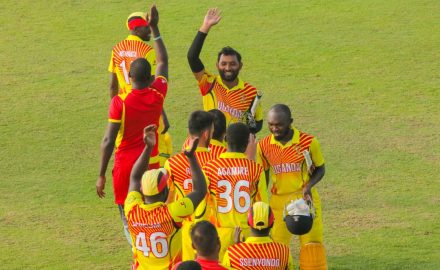
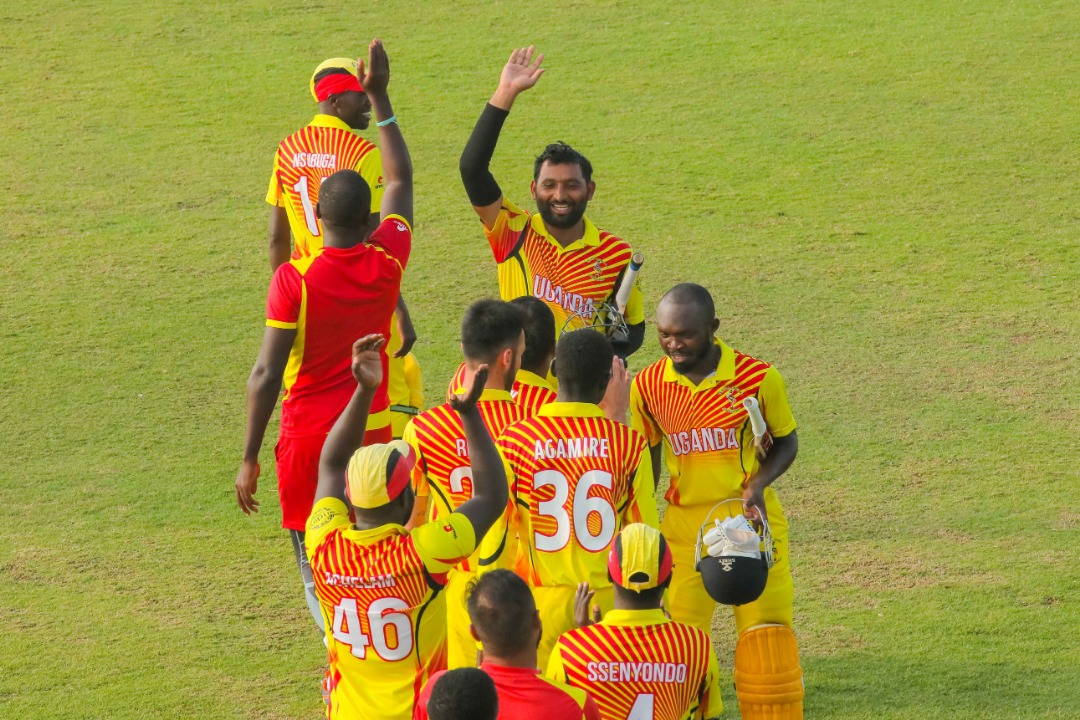
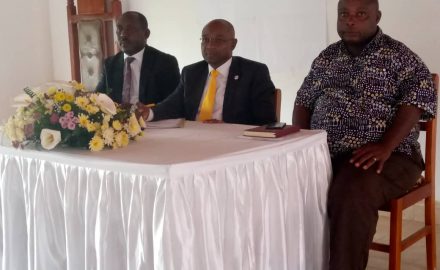
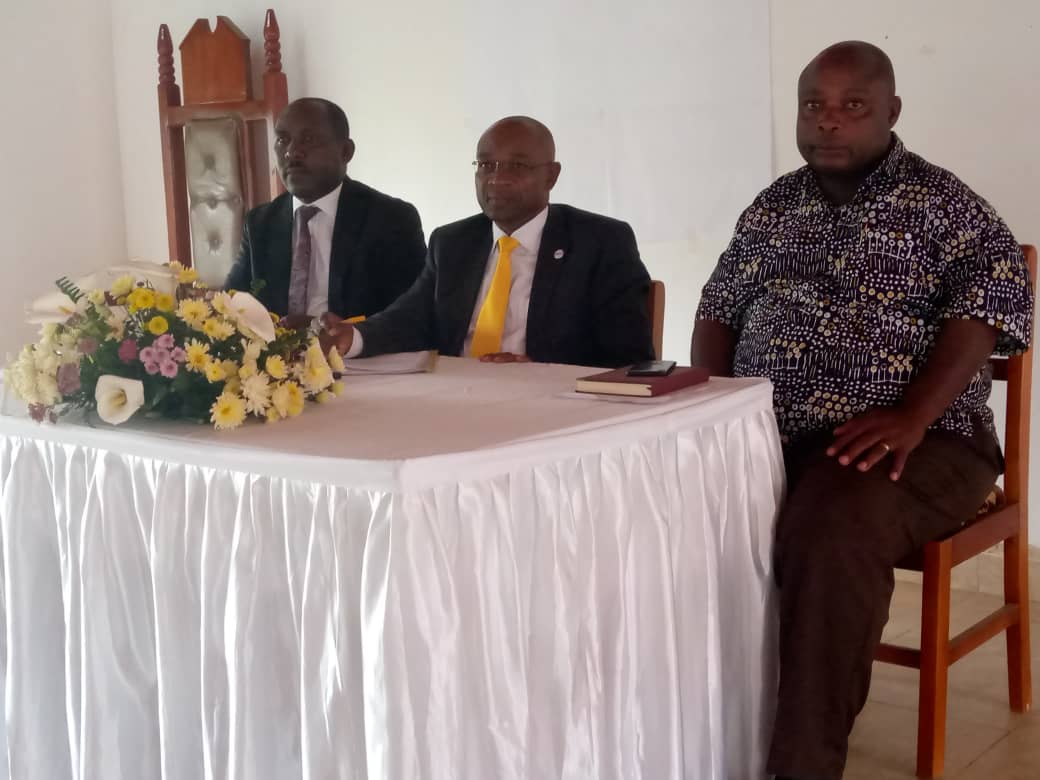
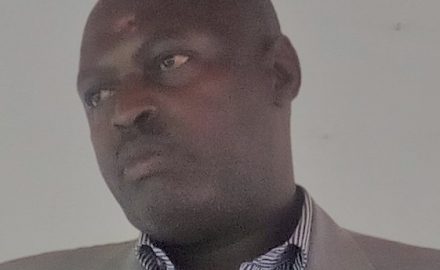
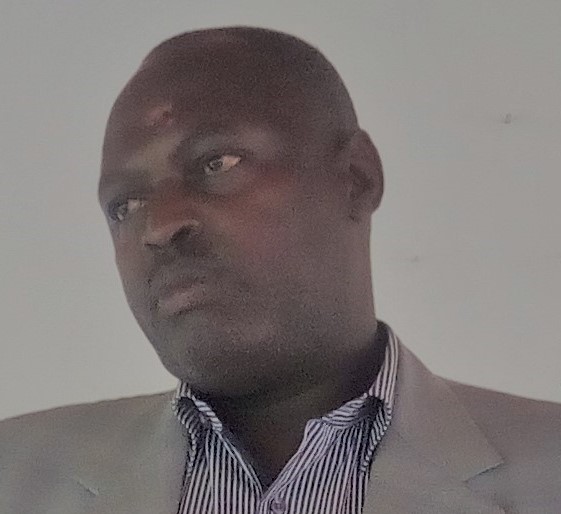
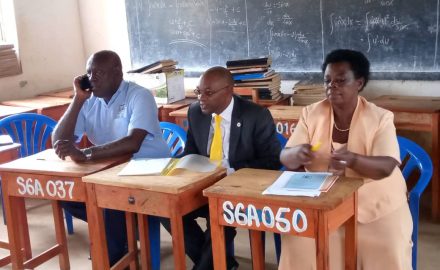
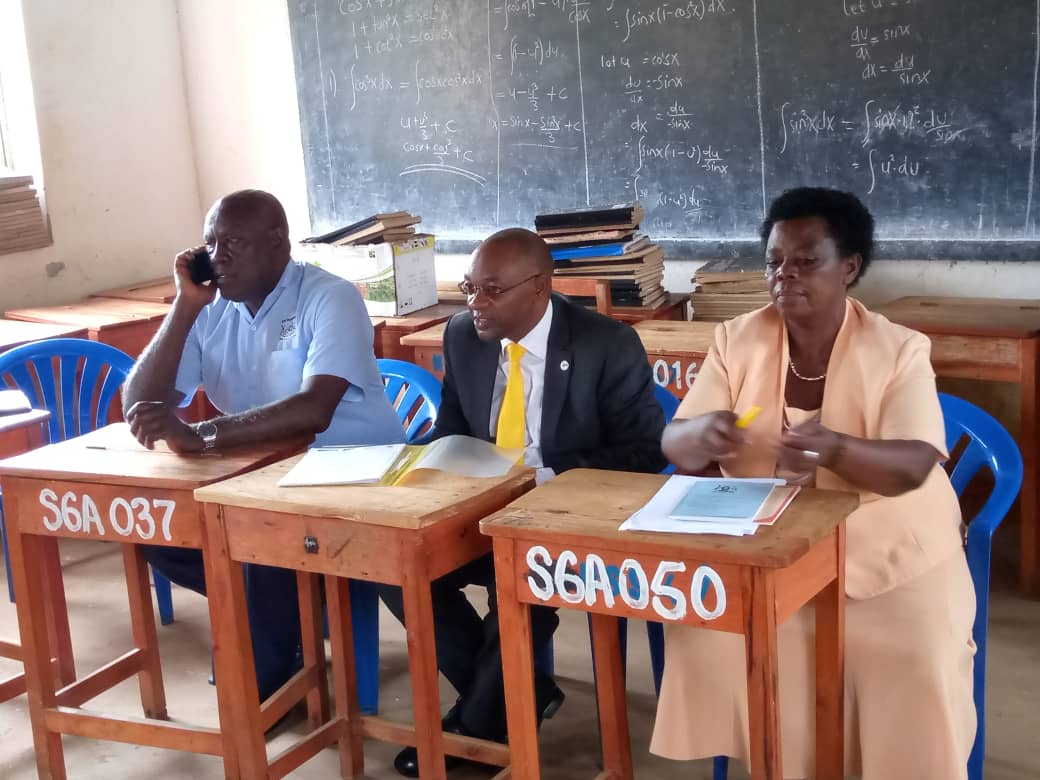








 Views Today : 152
Views Today : 152 Views Yesterday : 411
Views Yesterday : 411 Views Last 7 days : 3129
Views Last 7 days : 3129 Views This Month : 10401
Views This Month : 10401 Total views : 1448005
Total views : 1448005 Who's Online : 1
Who's Online : 1 Your IP Address : 3.147.205.114
Your IP Address : 3.147.205.114